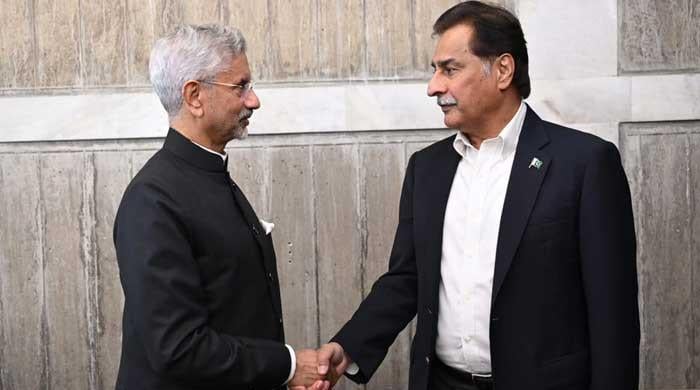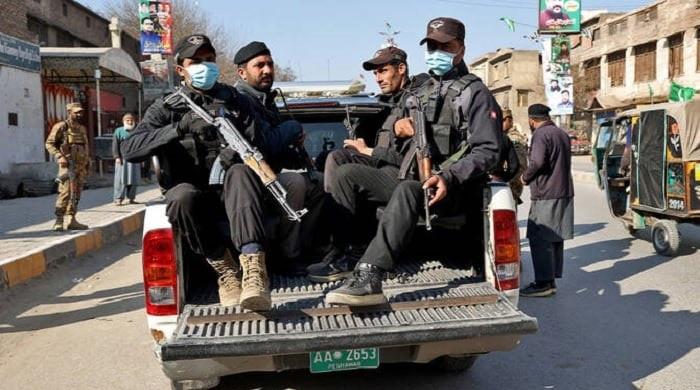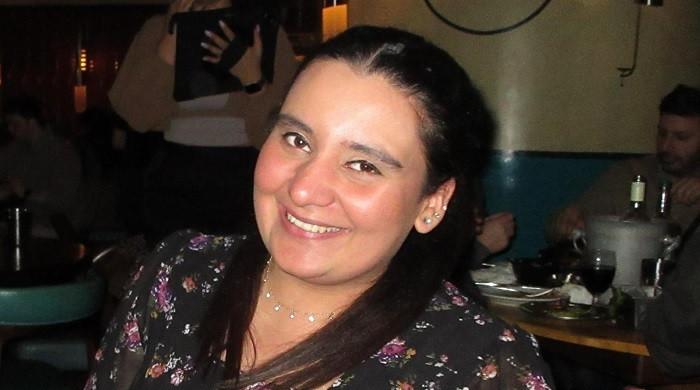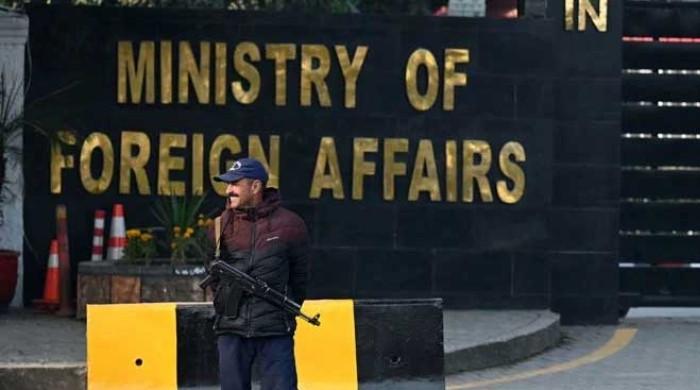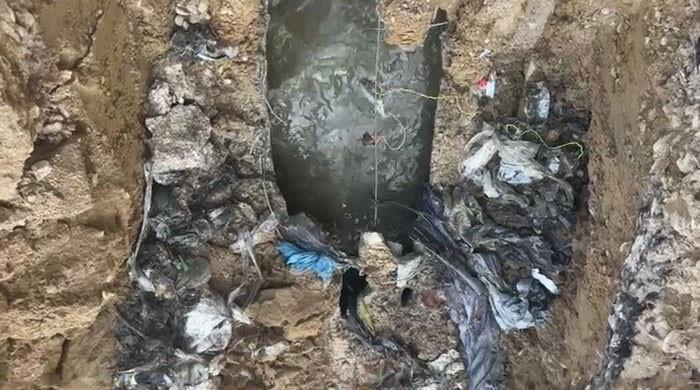President Arif Alvi rejects immunity in Parliament attack case
President was booked in 2014 PTV, Parliament attack case; says there is no space for immunity in Islam
March 04, 2022
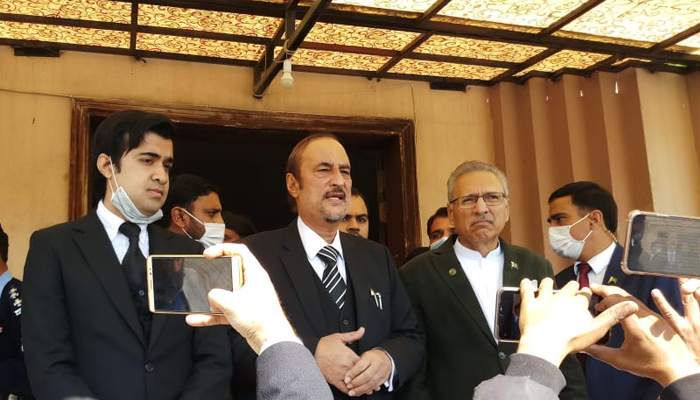
- President Alvi was booked in 2014 in PTV, parliament attack case.
- President says there is no space for immunity in Islam.
- "I have appeared before the court as a commoner," he says.
ISLAMABAD: President Arif Alvi has refused to avail immunity in the Parliament attack case and opted to appear before an anti-terrorism court (ATC) on Friday.
The president and several others were booked in the PTV and parliament attack case in 2014 during PTI's sit-in against the then PML-N government.
President Alvi appeared along with his lawyer, Babar Awan, at the ATC, where judge Muhammad Ali Warraich was hearing the Parliament attack case.
During the hearing, the president filed an appeal stating that he would not be availing his immunity and said that Islam does not allow pardons.
"I have tried to read Islamic history. There is no space for a pardon; I am bound by the Constitution of Pakistan. The Holy Quran is a bigger law than the Constitution," Alvi said.
Read more: ATC acquits Imran Khan in SSP Asmatullah Junejo attack case
The president said that the Constitution allows him to avail immunity, but he would not take it up."All the caliphs appeared in court with great dignity."
The president said he got to know in 2016 that he had been charged in the case pertaining to the ransacking of the Parliament and state-run PTV.
President Alvi said he had taken bail from the same court a few years back, as he urged the judiciary to wrap up the cases at the earliest.
"I request the entire judiciary to close at the earliest as once a case is filed, the next generation carries it on [due to delays]. My father filed a case in 1977 and it is going on till date," he said.
Speaking to journalists after the court hearing, the president said he got to know that he was suspected of supplying weapons to the attackers in 2014.
"I am bound by the laws of Pakistan but I do not want to be pardoned in the case [...] I have appeared before the court not as the president, but as a commoner," he added.
The case and PM Imran Khan's acquittal
On September 1, 2014, hundreds of men and protesters from the PTI and the Pakistan Awami Tehreek (PAT) camps had allegedly ransacked the office of the PTV and Parliament House premises and brutally beaten up a senior police official, less than 24 hours into his first day on the job as SSP Operations.
During the sit-ins in 2014 in the federal capital, Prime Minister Imran Khan, PAT chief Tahirul Qadri and several others were booked over their alleged involvement in the attack.
SSP Asmatullah Junejo attack case was filed after the 2014 sit-ins in which ATC had acquitted the PTI chairperson, Imran Khan, in 2018. During the previous proceedings, the prime minister’s counsel Abdullah Political leaders and over a hundred workers and supporters were also booked in the cases. The workers who were arrested were later released on bail.




